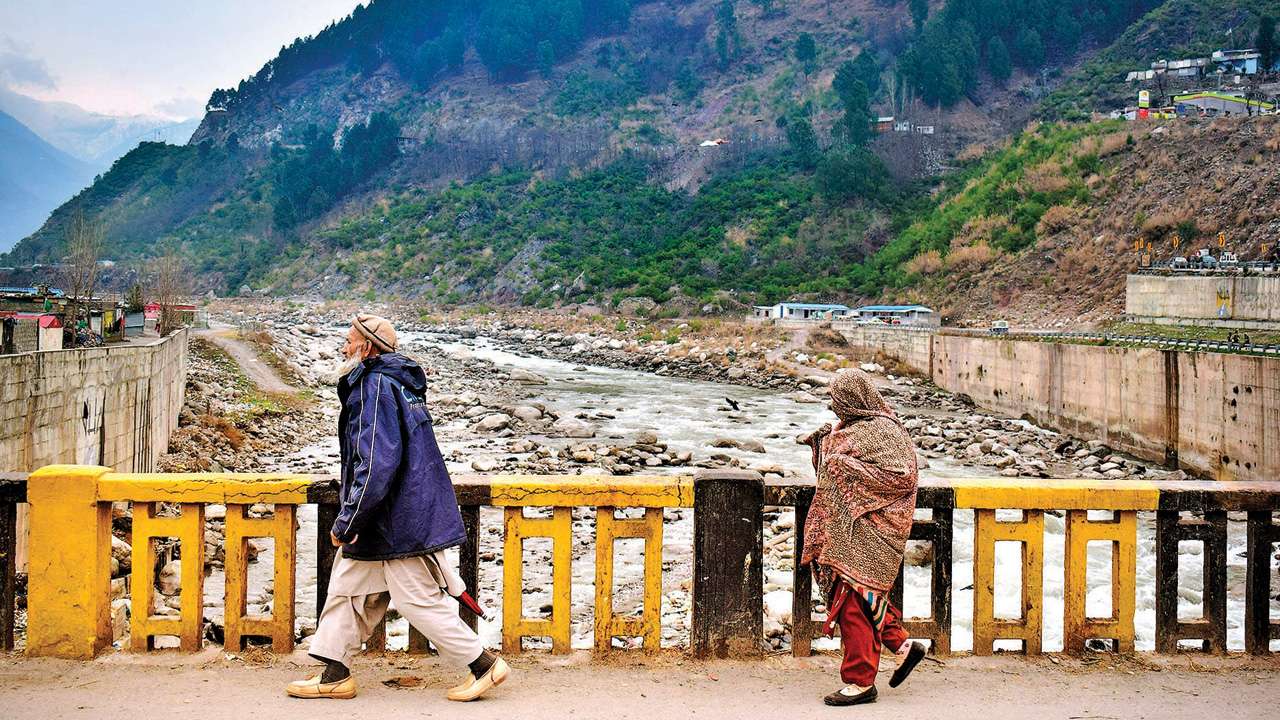
Balakot has been in the news for the past few days and perhaps such overkill makes me wonder if the place still exists. ‘Reduced to ashes or damaged beyond recognition’, as per claims made by many after the 12 Mirage strikes on February 26, needs to be discussed from a slightly different perspective. I will focus on three issues, ie, ‘Target selection’, ‘Use of a strategic resource’ and the importance of the critical ‘Element of National Power’ – ‘The National Will’.
To avenge the loss of our 40 CRPF personnel killed in one of the most dastardly acts of terrorism at Pulwama in the Kashmir Division of the state, political pundits spelt out the target for the Indian Air Force to launch a deep strike mission. The target selected after carrying out adequate deliberation was the terrorist camp established in the higher reaches of Balakot town in Mansehra District in Pakistan (NOT PoK). The largest Jaish-e-Mohammad training Institute in Balakot is Madarsa Syed Ahmad Shaheed, as described in the book Jihad-e Kashmir and Afghanistan by Muhammad Amir Rana. Access to the camp is along a very narrow path, five km from Atr Sheesha village located on the road from Mansehra to Balakot town. It is after an arduous trek that the camp is reached and entry is strictly controlled even for Jaish cadres. The complex is huge with a very imposing entrance like that of a castle capable of housing up to 2000 mujahideens.
Keeping in mind its importance, perhaps the target was selected by the NSA and the task given to Air Chief Marshal Dhanoa, with a caveat that damage be restricted to the terrorists camp and training Institute with no military or civilian casualties being acceptable. As a military target it seemed attractive and within reach at the planning stage. However, due to the difficult terrain and dense foliage, the after-attack requirements of authentic early damage assessment would make the task difficult.
Approximately 80 km deep inside Pakistan, the Balakot Jaish camp could well be hit and as per the Chief of the Air Staff’s confirmation, the mission was successfully accomplished and the target neutralised. However, equally important was the need to share the damage assessment report, although selectively, for the public to believe that the strategic resources used have been effective and impactful.
While many a media report, and rightly so, supported the Air Chief’s statement, there was a need to share more convincing information, like the damage assessment report. This perhaps was grossly missed out when we discussed the narrative, resulting in misplaced authentication inserts. There was a need for joint press briefings and regular Government updates.
Was such a target strategic or could it be classed as a tactical military target? I would think the latter since the objective was limited to containing terrorism under the prism of ‘Assured limited Military Response’ and at the same time ensuring that Pakistan’s threshold level was not crossed. Hence was there a need for strategic resources being used merely to convey to a larger audience that ‘No more’ terror attacks will be acceptable? With our military capability and expertise, I am sure we could have used other means, to include specific ‘Seek and destroy’ missions with immediate damage assessment reports available to convince the nation that the political leadership will act across borders to protect the sovereignty of the country.
It is conceivable that political warfare will selectively replace military warfare and become a primary weapon in international struggles for power. However, it must be understood that both must coexist and it is in their combined use that victory can be assured. The political objective of military preparedness is to deter neighbouring countries from using military force by making it too risky for them to undertake any kind of misadventure. Hence the need of constantly upgrade the military in all forms and maintaining high morale of the Armed Forces must remain the quintessence for ensuring success. My observation is that political interference on matters military should be minimal and I believe it is equally important that the quality of military leadership has a direct relationship on national power.
To conclude, I really wonder if the ‘national will’ displayed in the media was overstated with the intent to support the ruling party in vote-bank politics or would such trends lead to negative politicking? If the objective was on the lines of ‘Operation Babylon’, the surprise Israeli air attack deep into Iraq on June 7, 1981, when the Israeli Air Force destroyed the ‘Osirak nuclear reactor’ and returned back safely after a three-hour-long operation, then I suppose the operation would perhaps be more justified. Projecting the air arm with immense risks and as just another tool for achieving partial political objective, I feel seems rather suspect, which lacks of ‘National Will’. I believe we have the military capacity to selectively hit the enemy at a place of our choosing and it is in such well rehearsed calculated response that deterrence will bring about the change required to bring about peace in our region.
Author is a former Brigadier. Views are personal.